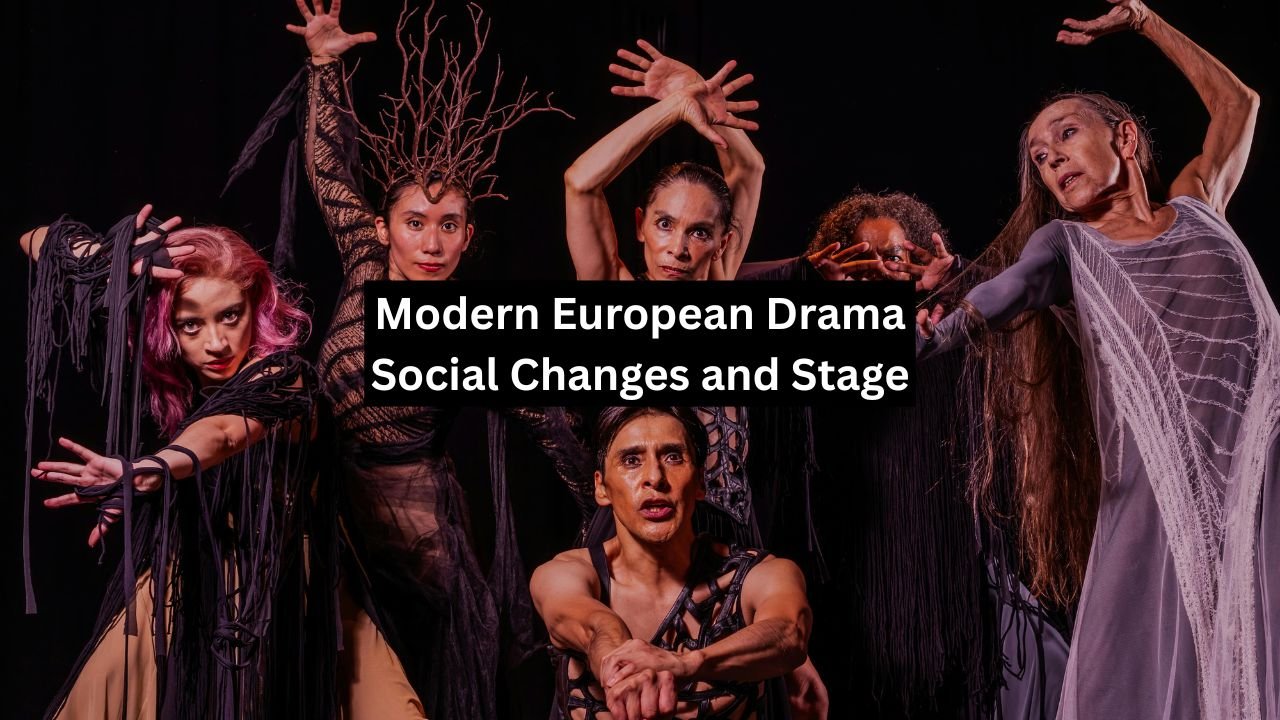Modern European drama has undergone significant changes over time, reflecting the continent’s evolving social, cultural, and political landscapes. From the late 19th century to the present day, European playwrights have explored various themes and experimented with new theatrical techniques to mirror and critique the societies they lived in. This response will examine social changes that influenced European drama and how the stage has evolved to accommodate these shifts.
One of the major social changes that impacted modern European drama was the rise of industrialization and the emergence of a middle class. With the expansion of urban centres and the changing economic landscape, playwrights began to explore the experiences and struggles of this new social class. Henrik Ibsen, a Norwegian playwright, is considered a pioneer. His plays such as “A Doll’s House” and “An Enemy of the People” exposed the constraints placed on women and the hypocrisy of societal norms, sparking debates about gender roles and societal expectations.
Another significant social change was the political turmoil and ideological conflicts of the 20th century. The two world wars and the rise of totalitarian regimes profoundly impacted European societies and, consequently, European drama. Playwrights like Bertolt Brecht and Jean-Paul Sartre responded to these events by adopting a more politically engaged and didactic approach to theatre. Brecht’s concept of “epic theatre” aimed to provoke critical thinking and social change, using techniques such as alienation and breaking the fourth wall to distance the audience from the emotional aspects of the play.
In addition to social changes, the stage itself transformed modern European drama. The traditional proscenium arch stage, with its clear separation between the audience and the actors, started to give way to more experimental and immersive forms of theatre. The avant-garde movements of the early 20th century, such as Dadaism and Surrealism, challenged conventional staging techniques and sought to create a more dynamic and interactive relationship between the performers and the audience.
The postmodern era witnessed further developments in European drama, with playwrights embracing intertextuality, metatheatre, and deconstruction of traditional narrative structures. The works of Samuel Beckett and Harold Pinter exemplify this shift, as they explored existential themes, linguistic ambiguity, and the breakdown of communication in their plays.
Furthermore, with the advent of technology, contemporary European theatre has incorporated multimedia elements, video projections, and digital effects into performances. These technological advancements have expanded the possibilities of stage design and storytelling, allowing for a more visually captivating and immersive theatrical experience.
In conclusion, modern European drama has responded to social changes by reflecting and critiquing the evolving societies of the continent. Playwrights have explored themes such as gender roles, political ideologies, and existentialism while experimenting with innovative staging techniques. From Ibsen to Brecht, Beckett to contemporary playwrights, European drama continues to evolve, capturing the complexities of the human condition and offering insights into the ever-changing social fabric of Europe.
